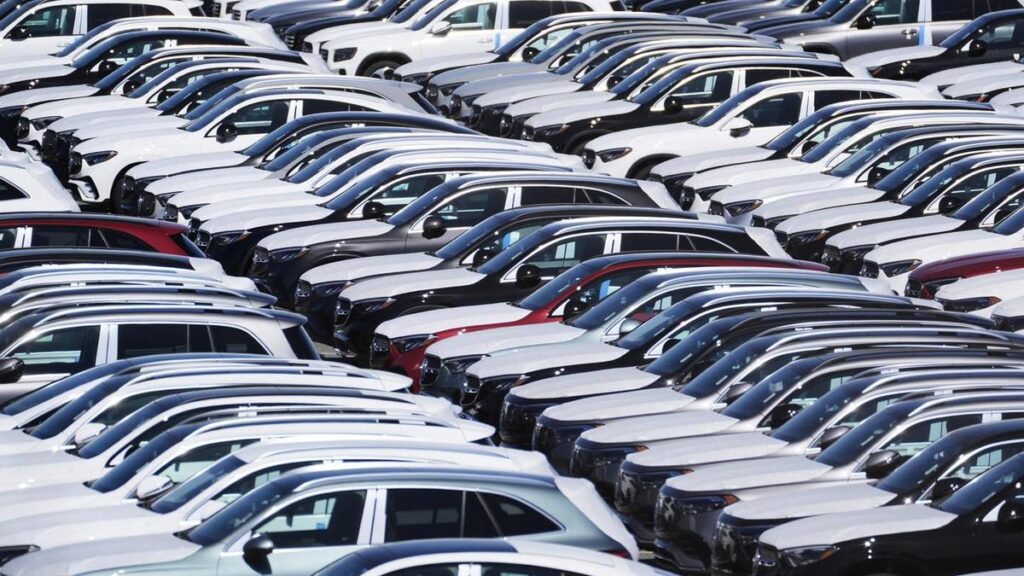
UPDATE: The European Union has just announced a critical push to reduce US car tariffs, aiming for immediate relief for European automakers. Maros Sefcovic, the EU’s trade chief, confirmed that new tariff cuts could take effect as soon as August 1, 2023, if the necessary legislation is introduced swiftly.
In a joint statement released earlier today, the EU and the US outlined the framework of their trade deal established in July, which includes a commitment for the EU to eliminate tariffs on US industrial goods and enhance access for US seafood and agricultural products. Currently, a hefty 27.5 percent tariff on European cars and auto parts poses a significant challenge for manufacturers.
Key news: The US has committed to lowering these tariffs, with relief expected to kick in on the first day of the month following the EU’s introduction of the required legislation. Sefcovic emphasized that the European Commission aims to present proposals by the end of this month, paving the way for immediate tariff reductions.
A senior official from the US administration, speaking anonymously, indicated that European car makers could see relief within “hopefully weeks.” They stated, “As soon as they’re able to introduce that legislation — and I don’t mean pass it and fully implement it, but really introduce it — then we will be in a position to provide that relief.”
This urgent development comes after President Donald Trump and Commission President Ursula von der Leyen initially announced the trade framework deal on July 27 at Trump’s golf course in Scotland. Both leaders are now keen to expedite the implementation, signaling a strong commitment to improving trans-Atlantic trade relations amid ongoing geopolitical tensions.
The joint statement also highlighted that the US will apply only pre-existing Most Favoured Nation tariffs below 15 percent on EU aircraft and parts, alongside commitments to procure $750 billion worth of US liquefied natural gas, oil, and nuclear energy products. Additionally, EU companies are expected to invest an extra $600 billion across US strategic sectors by 2028.
Sefcovic acknowledged the ongoing discussions about tariff exemptions for alcoholic beverages, although he cautioned that achieving this goal may prove challenging. “These doors are not closed forever,” he assured, indicating a desire for continued negotiations on various products.
Both parties are focused on addressing “unjustified digital trade barriers” as part of their comprehensive trade strategy, with the EU committing not to impose network usage fees.
As this story unfolds, the potential reduction in car tariffs stands to greatly benefit European automakers, enhancing their competitiveness in the US market and fostering stronger economic ties between the EU and the US. Stay tuned for further updates as both sides work to finalize these crucial developments.





